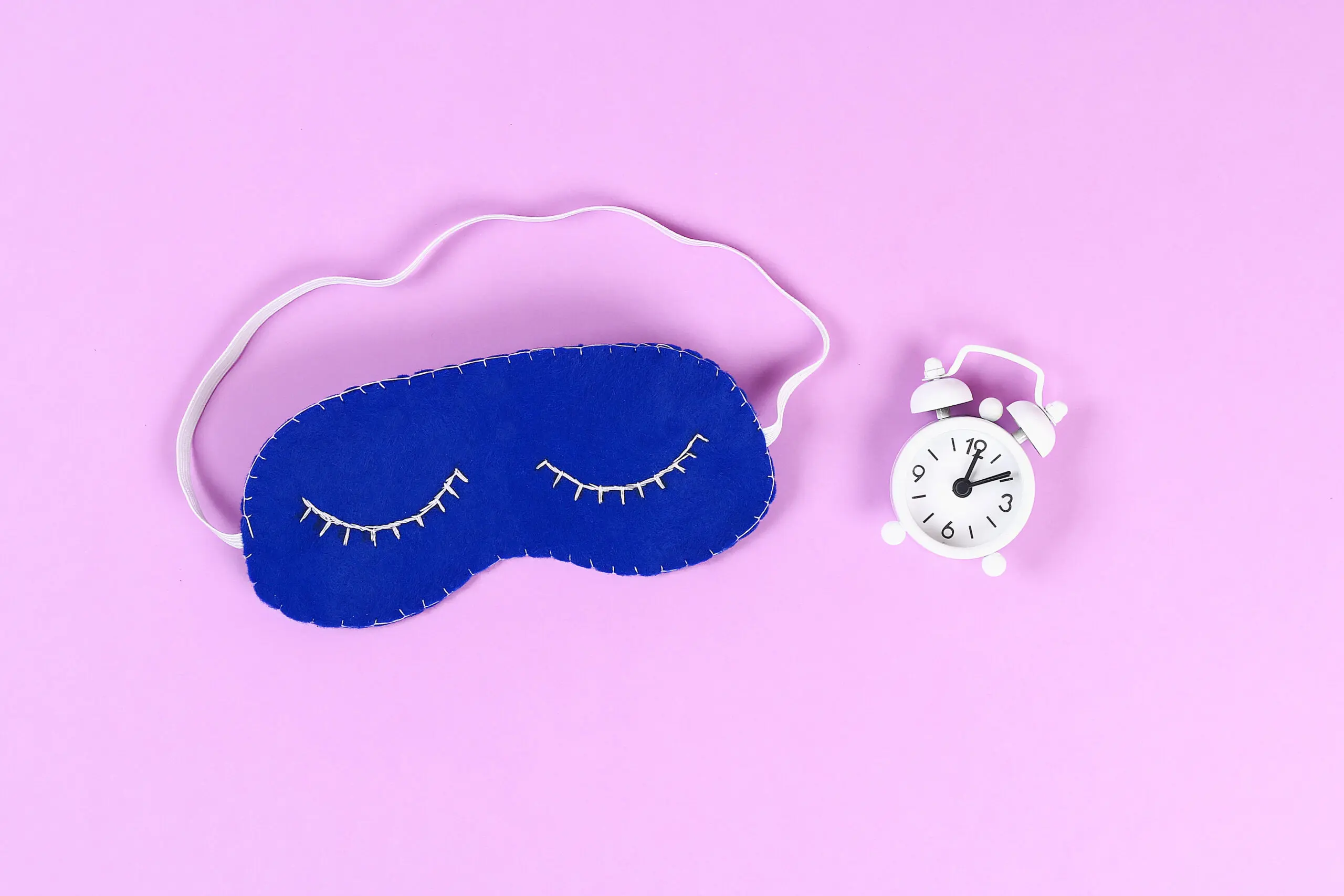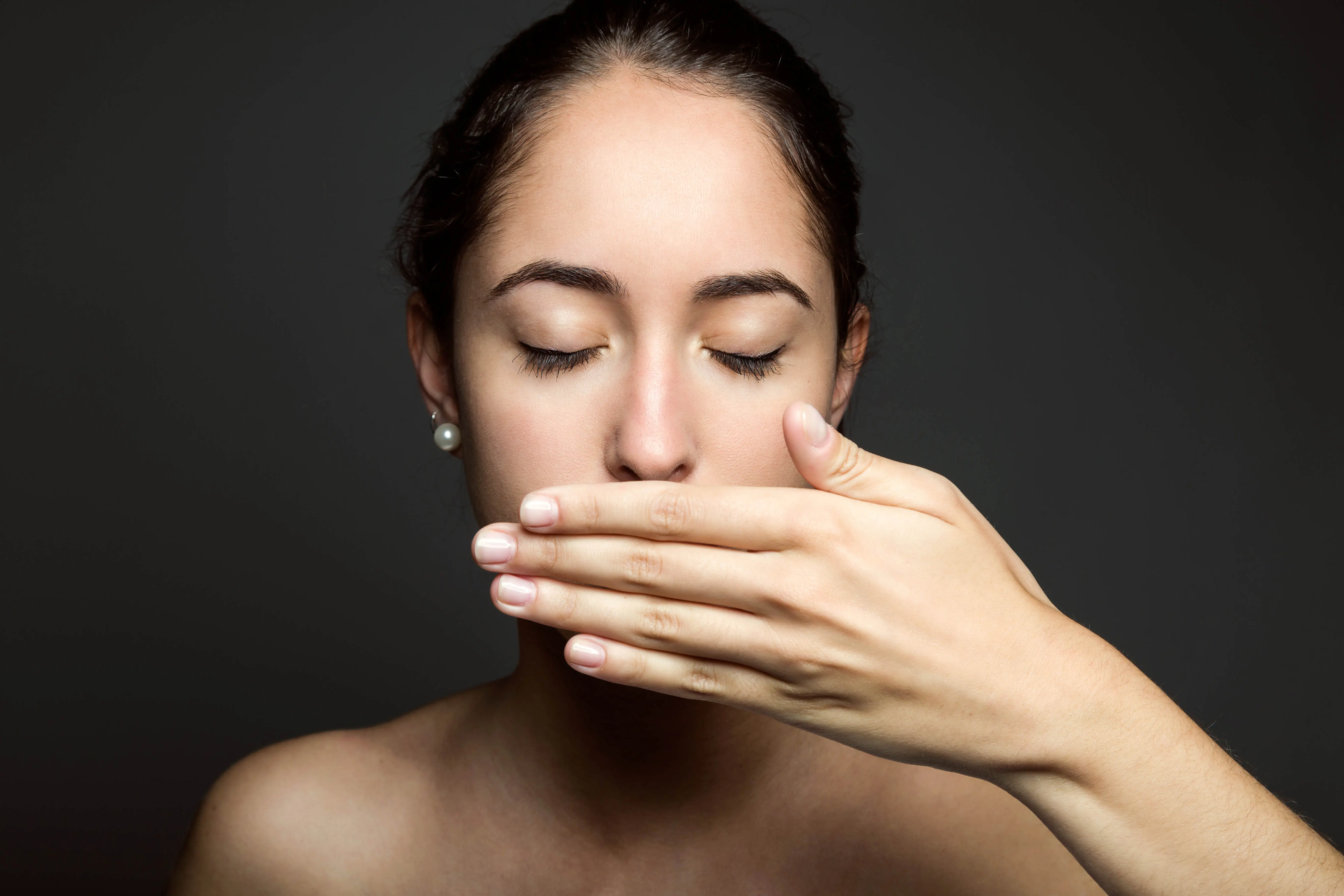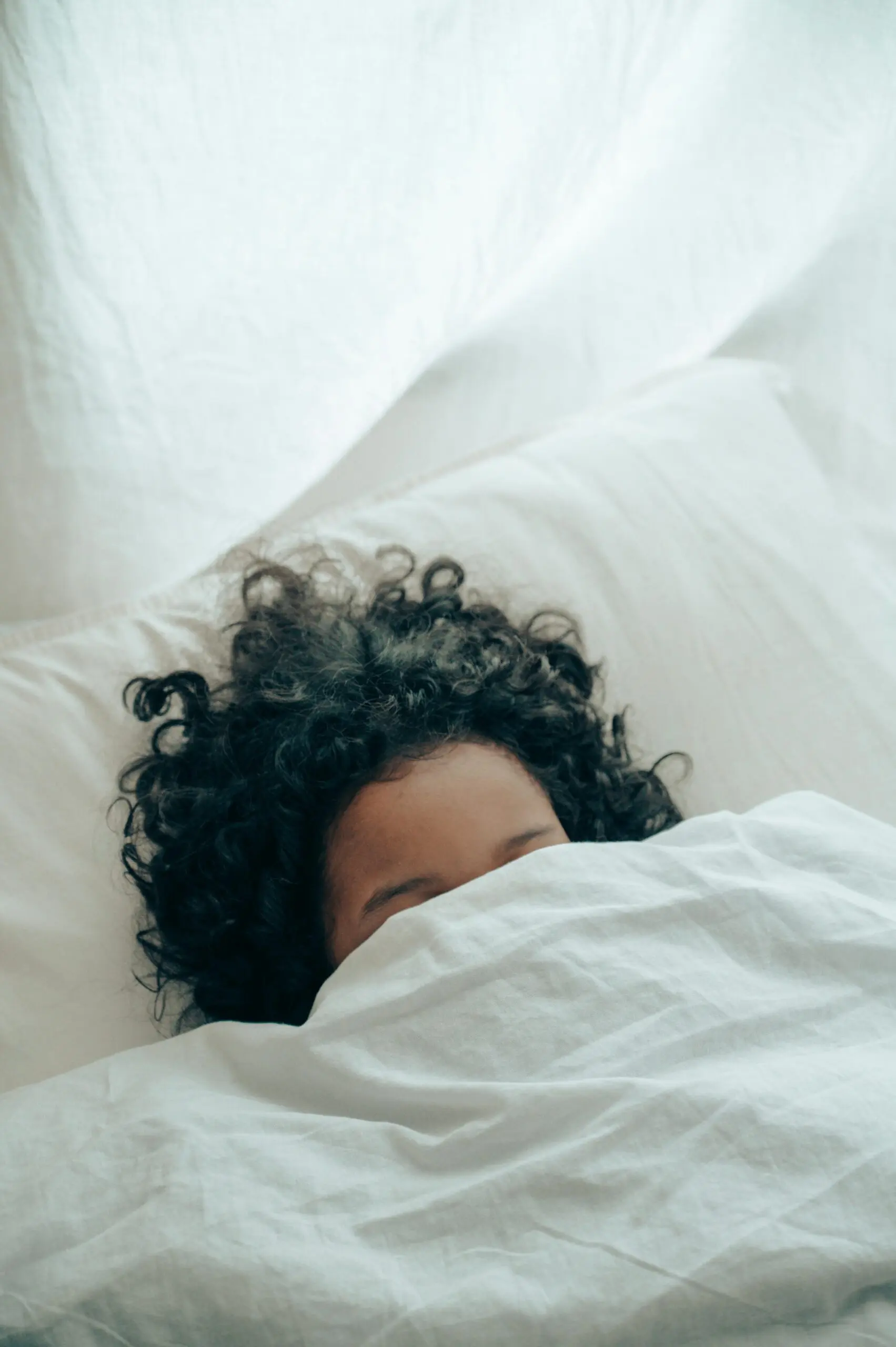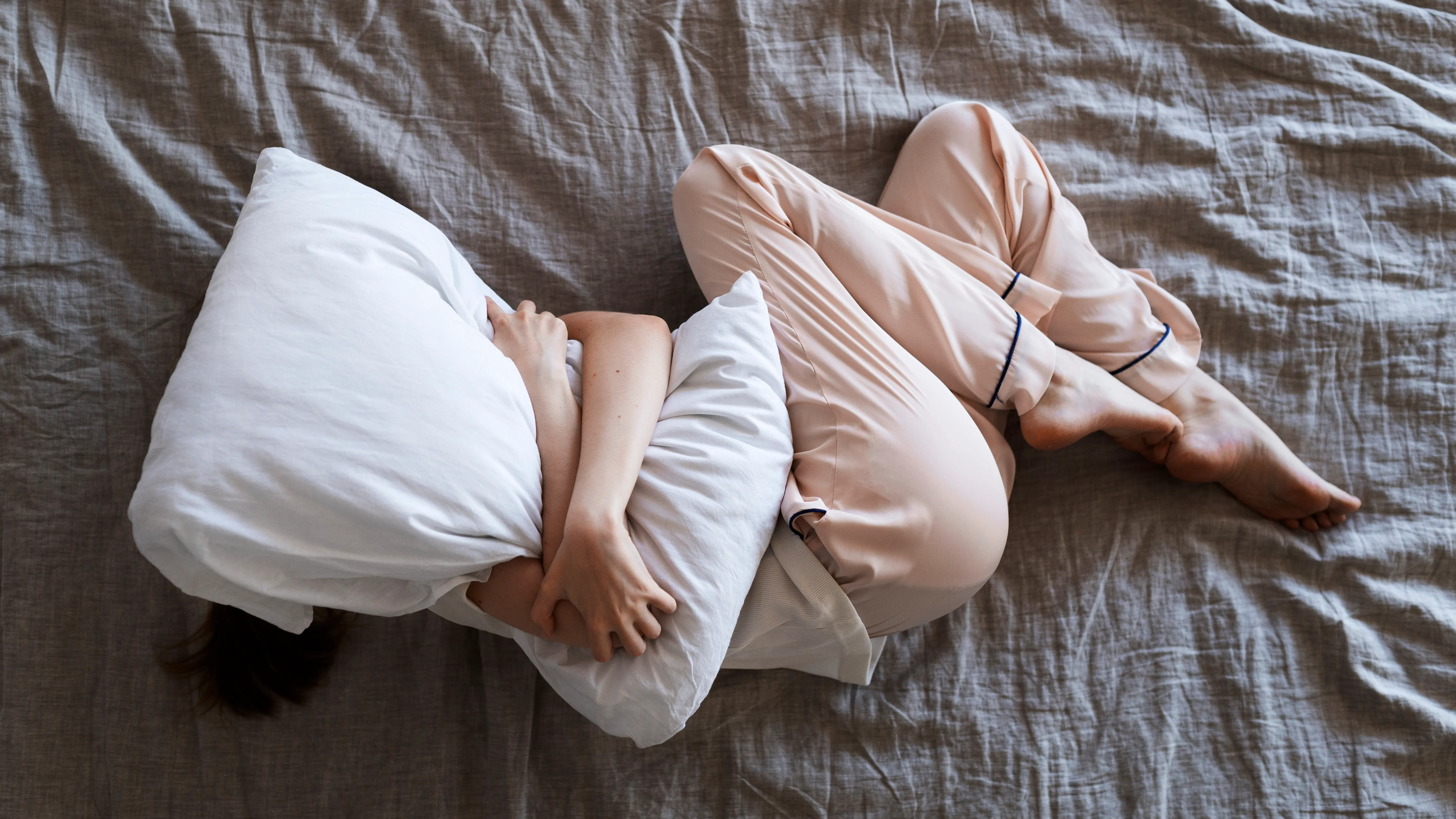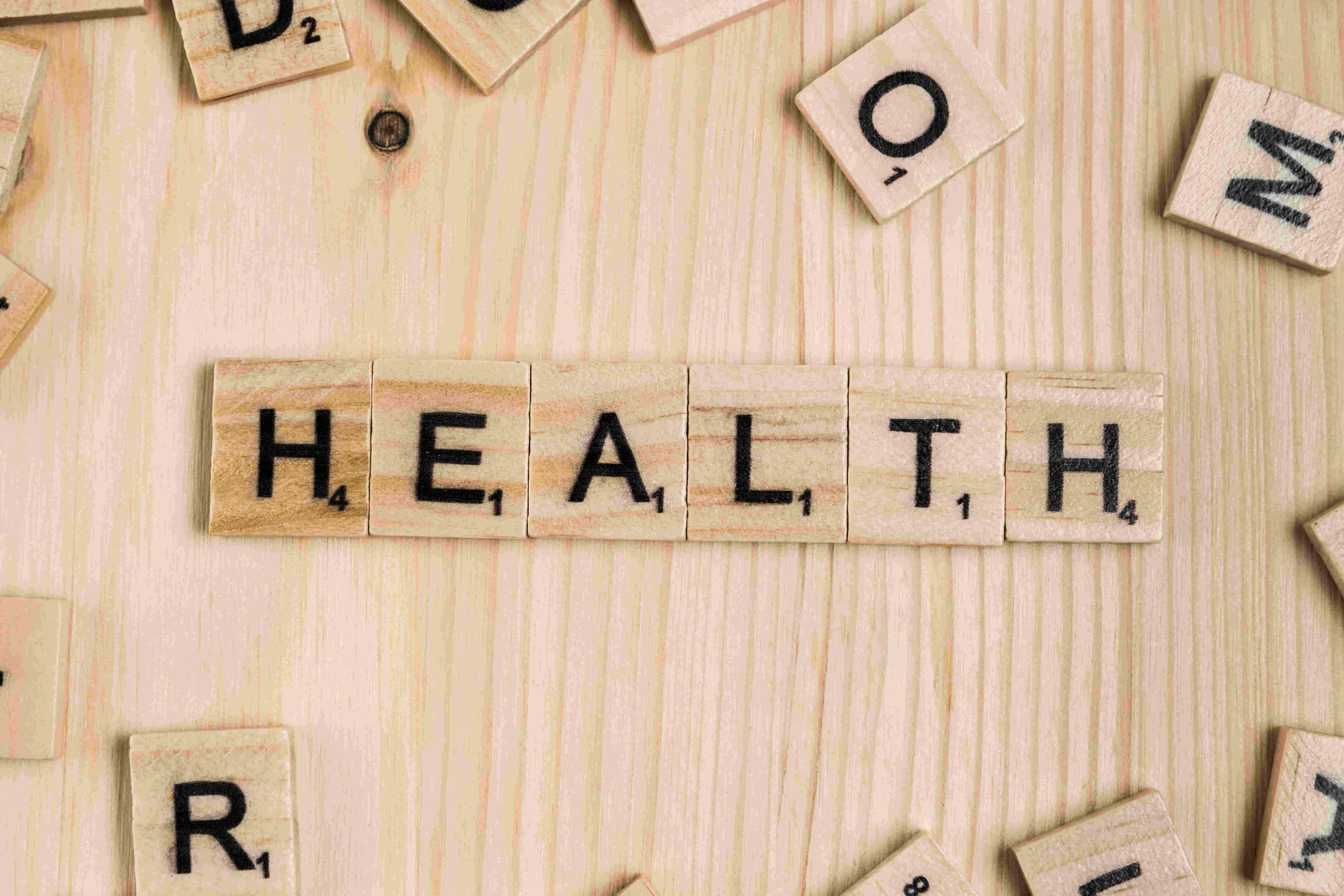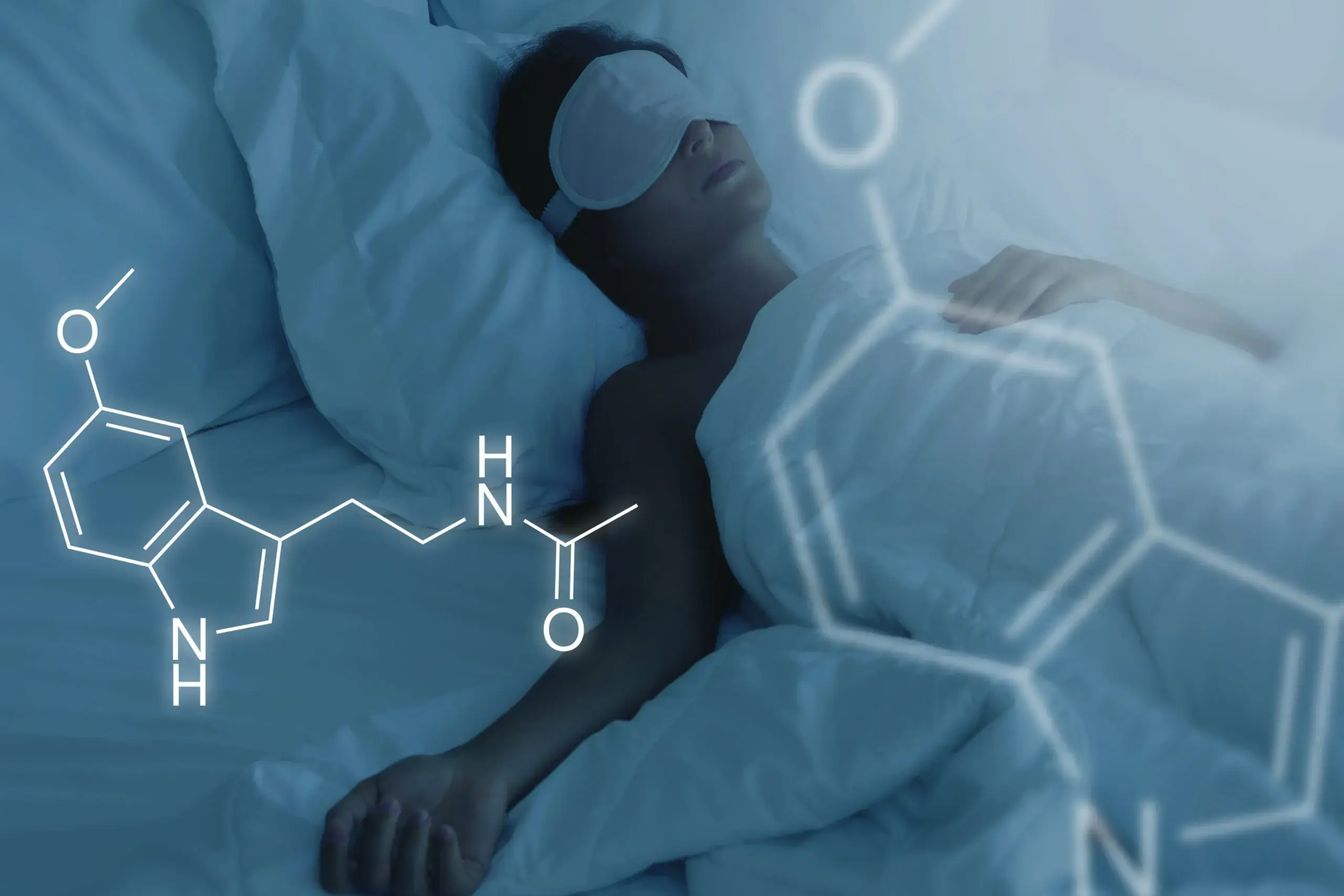We spend about a third of our lives sleeping. It is indispensable and a prerequisite for health and performance. There are people who manage with five hours of sleep and others who only feel truly rested after ten hours.
Eight hours of sleep?
Eight hours of sleep are often recommended. However, there is no universal answer to the question of optimal sleep duration. Numerous studies have shown that the majority of adults cope well with seven to nine hours of sleep, but the differences are very large individually, ranging from three to twelve hours.
In women, the need for sleep can also change with the phases of their cycle. Some suffer from sleep disturbances, daytime sleepiness, or a generally increased need for sleep in the phase after ovulation. Consistently sleeping less than five hours a night - studies suggest - is harmful to health.
The rule of thumb is: Anyone who can work concentrated for a long period of time during the day, even when sitting, without becoming drowsy, has found their personal sleep quota. By the way: The sleep rhythm changes throughout life, and the need for sleep continuously decreases. Newborns sleep 14 to 17 hours a day, teenagers need eight to ten hours, and sometimes seniors only need six to seven hours.
Too little sleep
Our internal clock ticks in a day-night rhythm, and our social life is set for 9-to-5 jobs. However, not everyone has regular working hours, and even those who do often have problems due to constant availability, making it difficult to relax and really switch off.
It almost sounds paradoxical, but analyses have shown: People who work a lot also sleep less. Those who work a lot often have sleep disorders. But to be productive and creative, we need one thing above all: sleep.
